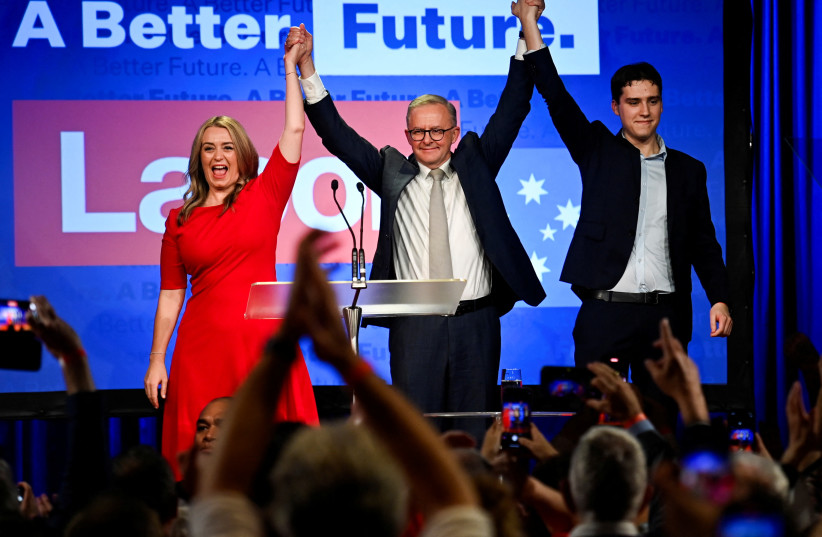Australia on Tuesday reversed a decision of the previous government to recognize West Jerusalem as the capital of Israel, saying the status of the city should be resolved through peace negotiations between Israel and the Palestinian people.
Foreign Affairs Minister Penny Wong said Australia "will always be a steadfast friend of Israel" and was committed to a two-state solution in which Israel and a future Palestinian state coexist in peace within internationally recognized borders.
The government "recommits Australia to international efforts in the responsible pursuit of progress towards a just and enduring two-state solution," she said in a statement.
The previous Prime Minister Scott Morrison had reversed decades of Middle East policy in December 2018 by saying Australia recognized West Jerusalem as the capital of Israel but would not move its embassy there immediately.

"I regret that Mr. Morrison’s decision to play politics resulted in Australia’s shifting position, and the distress these shifts have caused to many people in the Australian community who care deeply about this issue," Wong said.
Morrison had flagged moving the embassy from Tel Aviv in 2018 just days before a by-election in a Sydney electorate with a strong Jewish representation, which his Liberal party nonetheless lost. It drew criticism from Muslim-majority neighbors such as Indonesia and Malaysia.
The Guardian first reported a change to the Department of Foreign Affairs and Trade website to remove language describing west Jerusalem as the capital on Monday.
Morrison's Liberal-led coalition lost a national election in May.
